Routine Insomnia Screening in Primary Care Clinic Project
VerifiedAdded on 2022/08/10
|27
|2847
|31
Project
AI Summary
This project, undertaken by a Doctor of Nursing Practice (DNP) student at Briar Cliff University, focuses on implementing routine insomnia screening within the Family Health Care and Wellness Center (SFHWC), a primary care clinic. The project aims to reduce missed diagnoses of insomnia by utilizing the Insomnia Severity Index (ISI) questionnaire for all adult patients. The project's background highlights the significance of healthy sleep and the prevalence of insomnia, discussing its adverse health effects and associated healthcare costs. The project follows the Rosswurm and Larrabee model for evidence-based practice implementation and utilizes Ferlie and Shortell's framework for change. The project includes a literature review of relevant studies and guidelines for insomnia evaluation, including the use of the ISI tool. The project design involves screening eligible adults, with data collection at SFHWC and a budget that covers the cost of printing, stationary and refreshments. The project's objectives include educating staff, successfully implementing the ISI, and decreasing missed diagnoses. Data analysis will use descriptive statistics, with results presented in charts and graphs. The project anticipates ethical approval from the IRB and addresses potential barriers to implementation.
1 out of 27

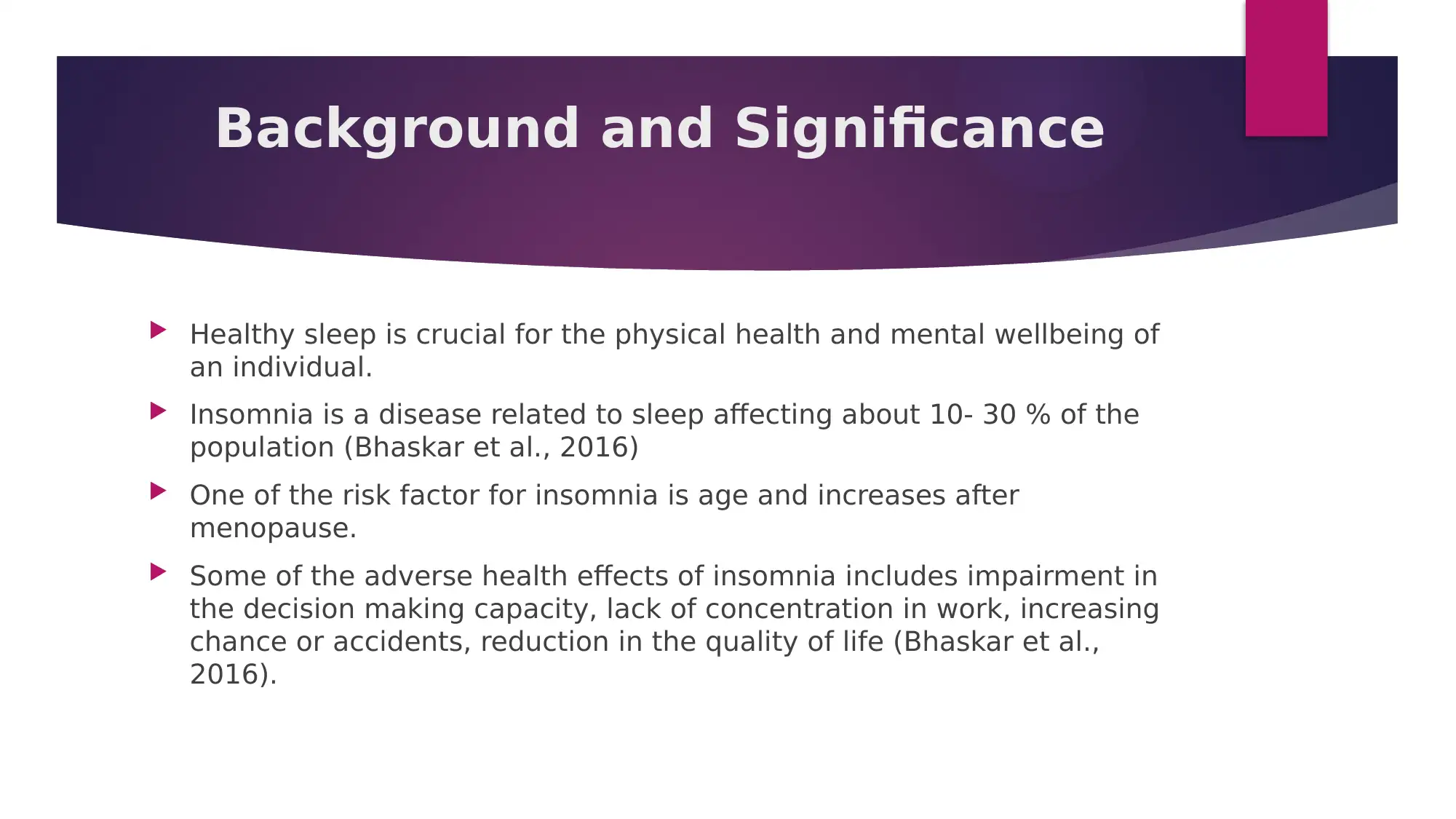
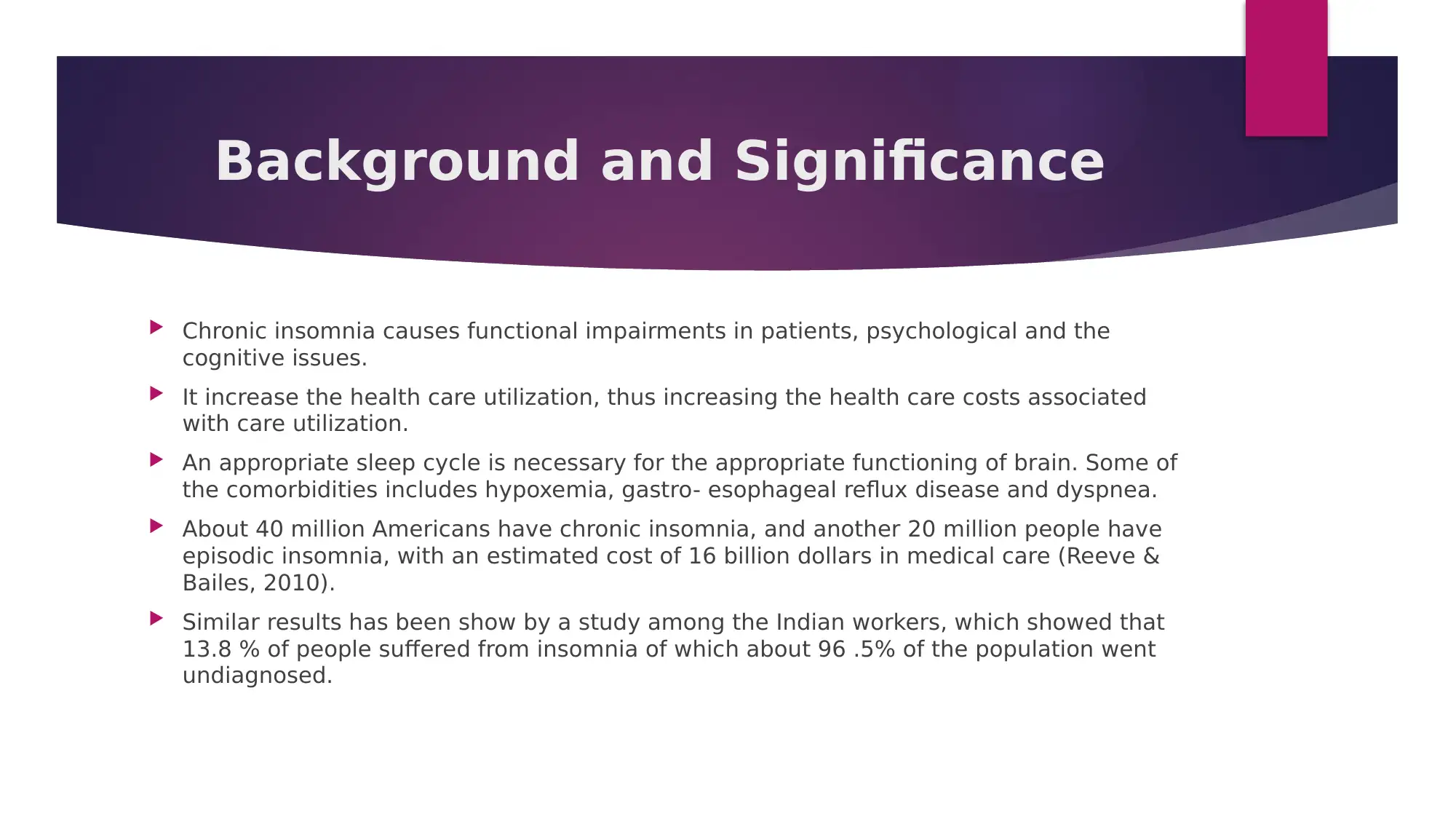

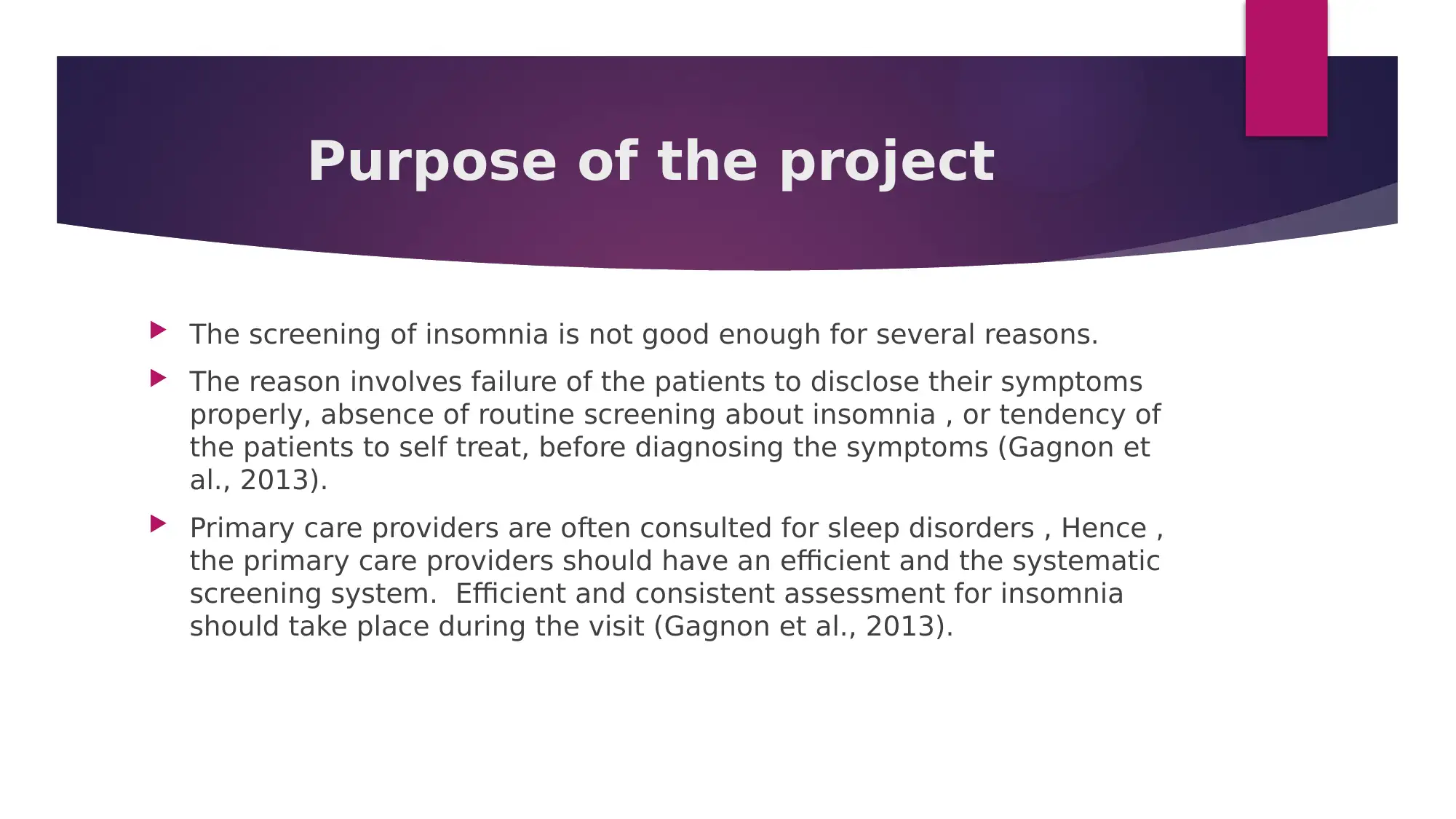
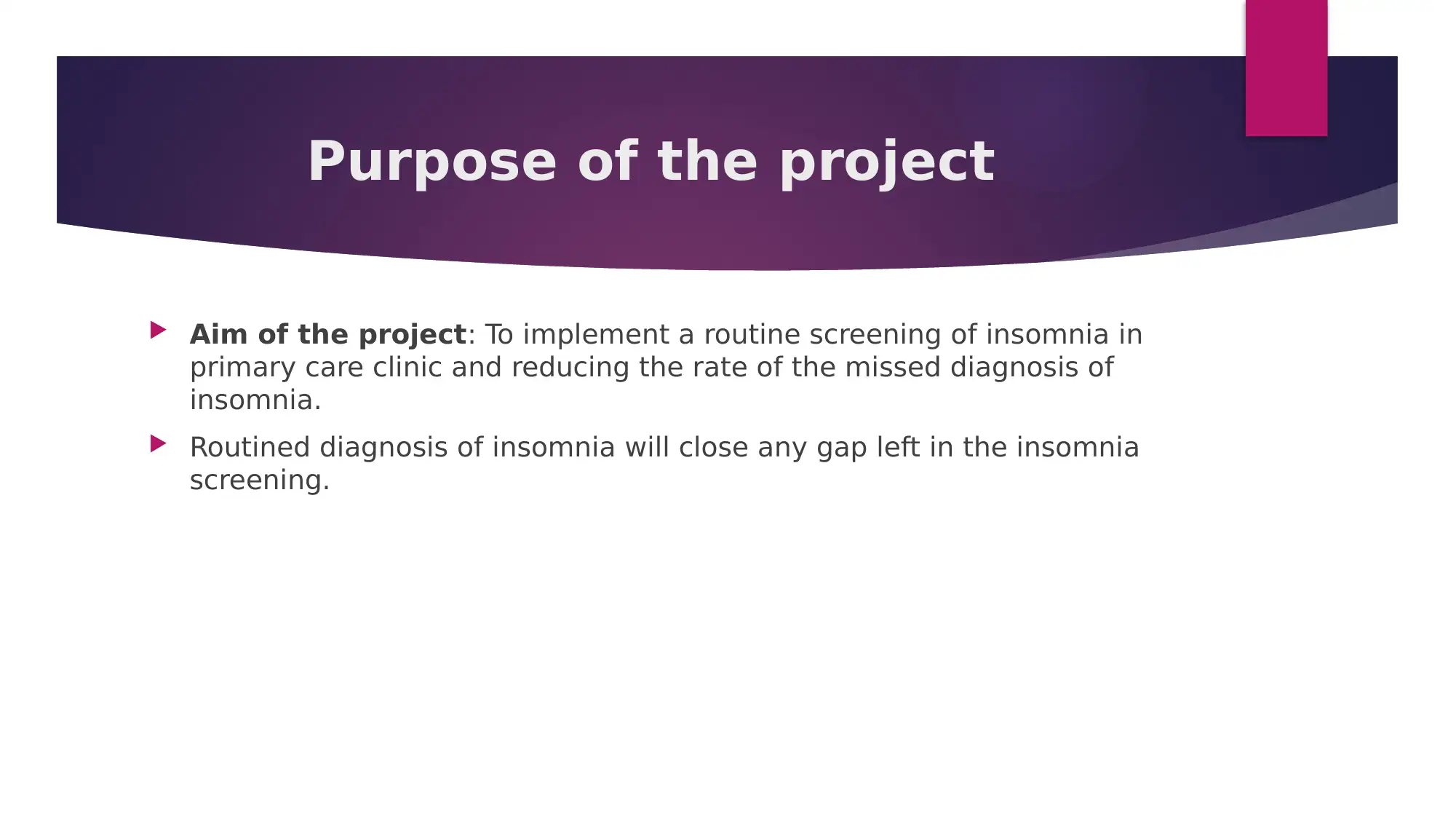
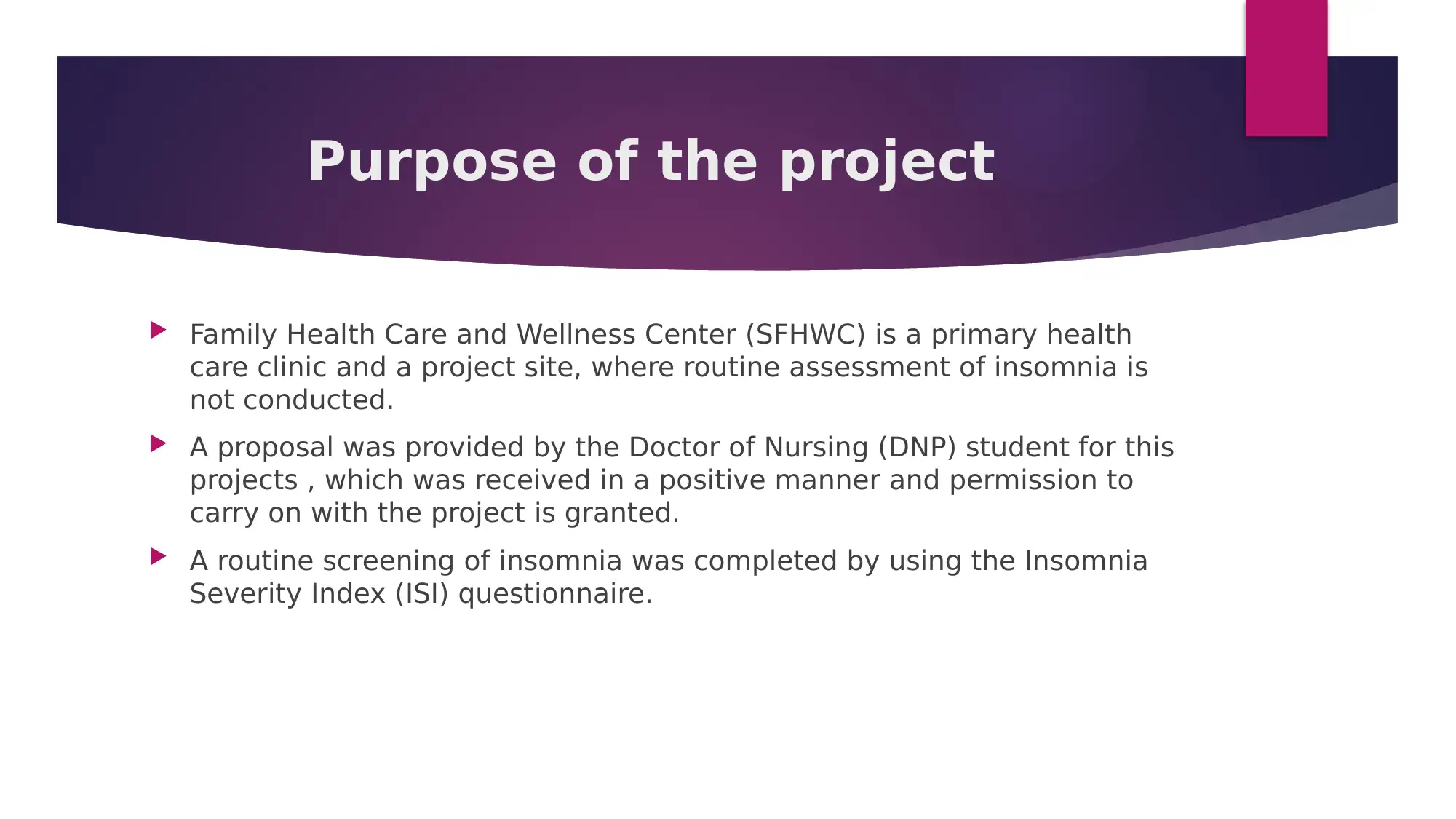
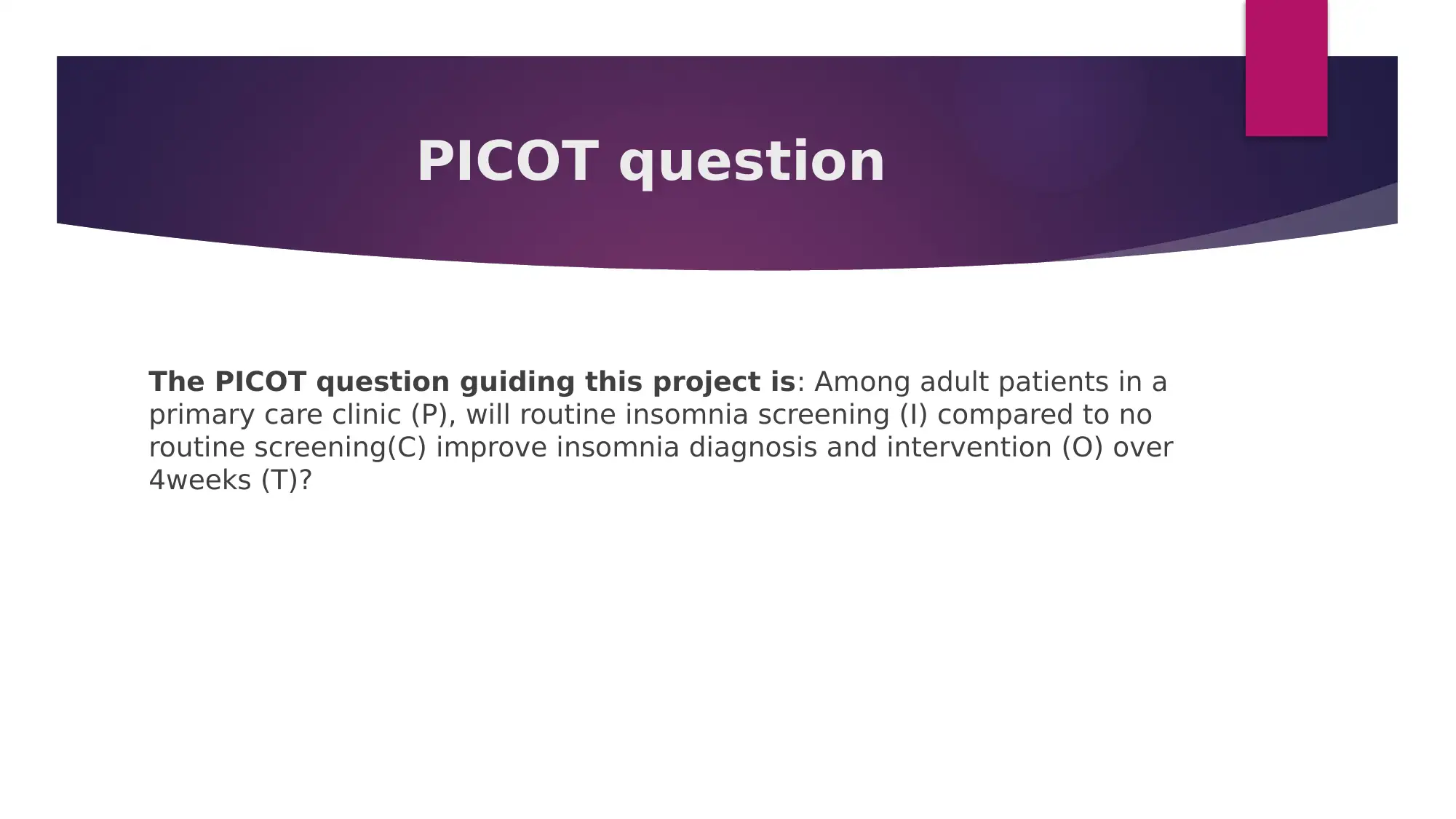
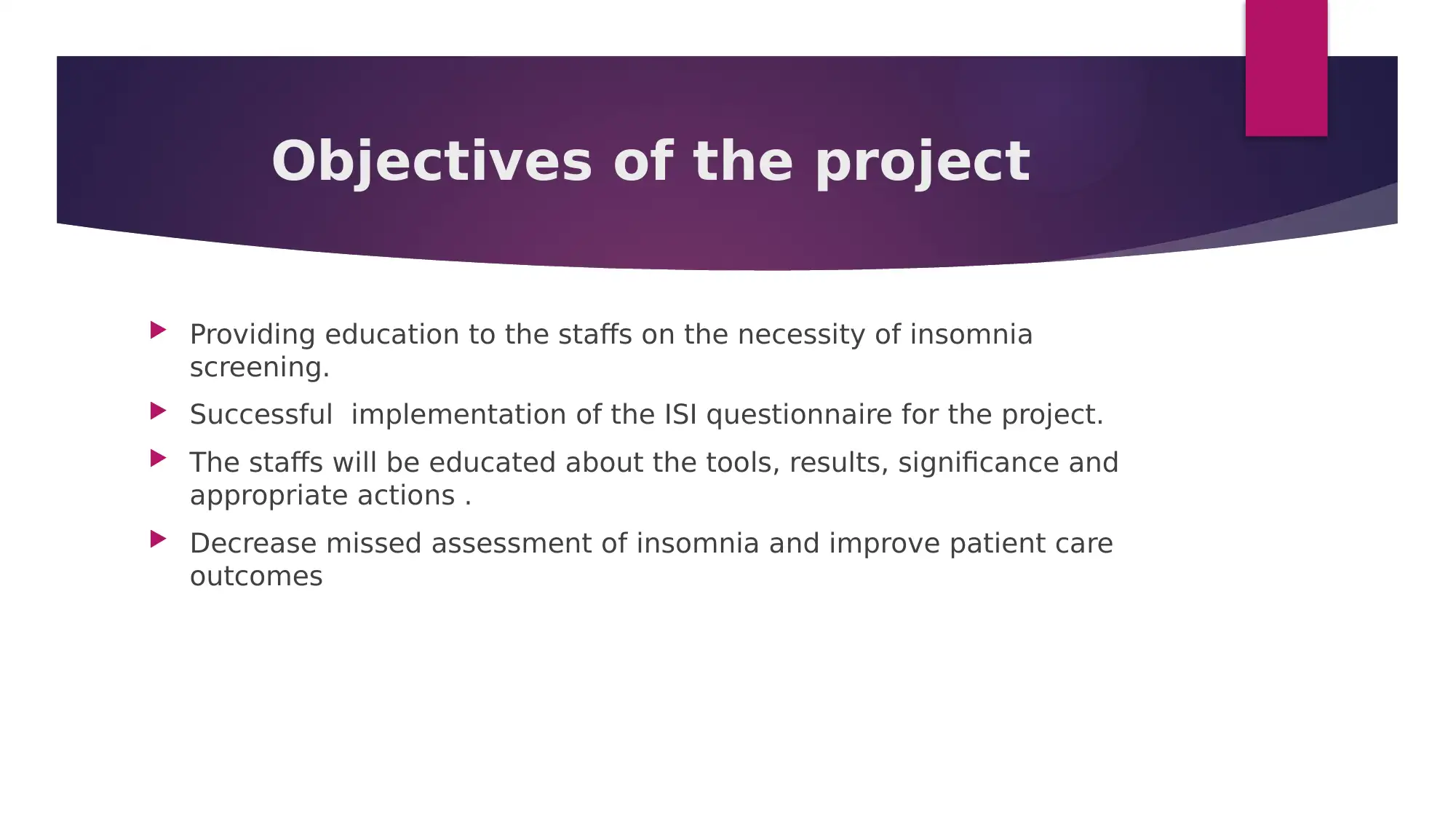

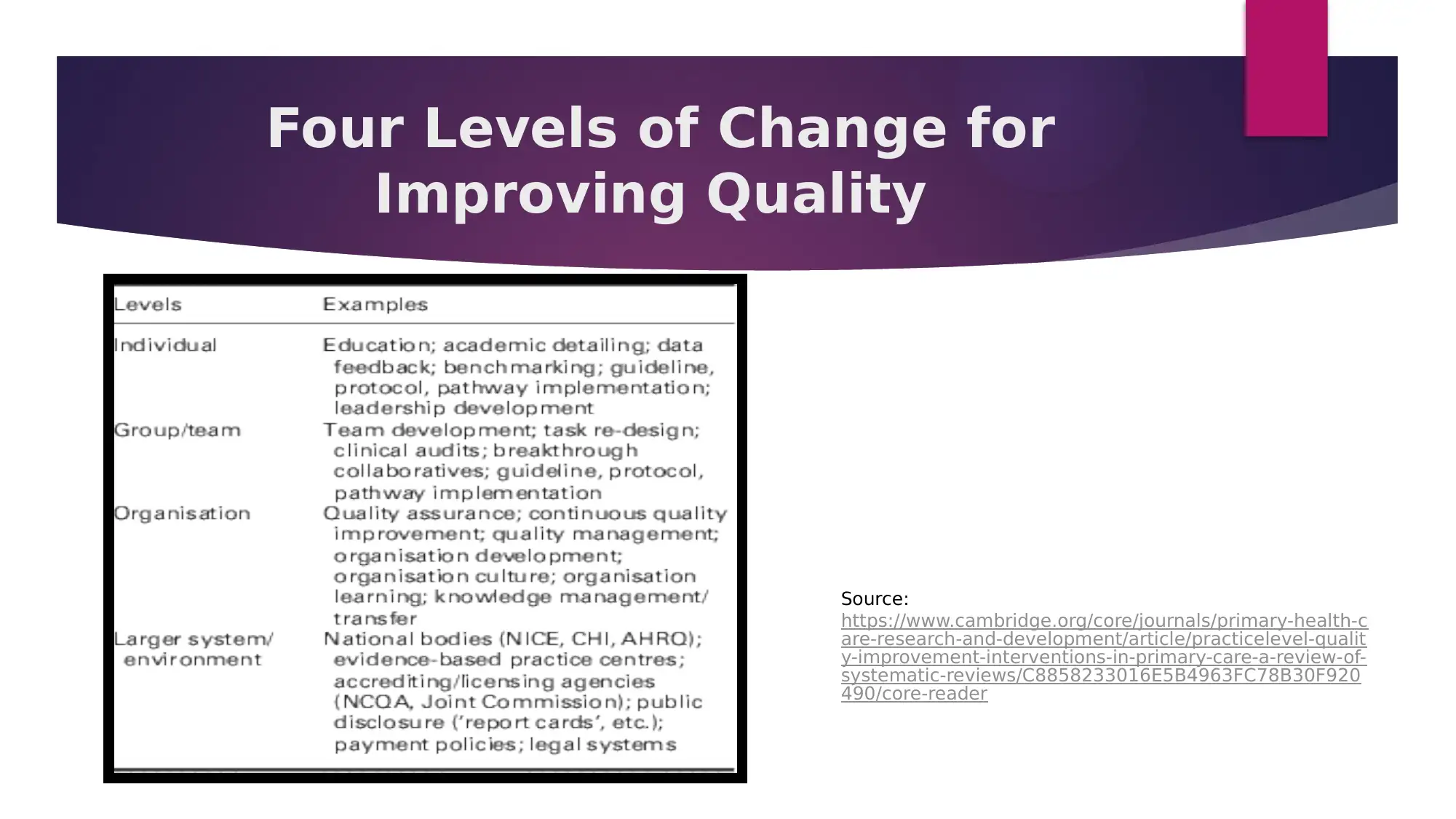
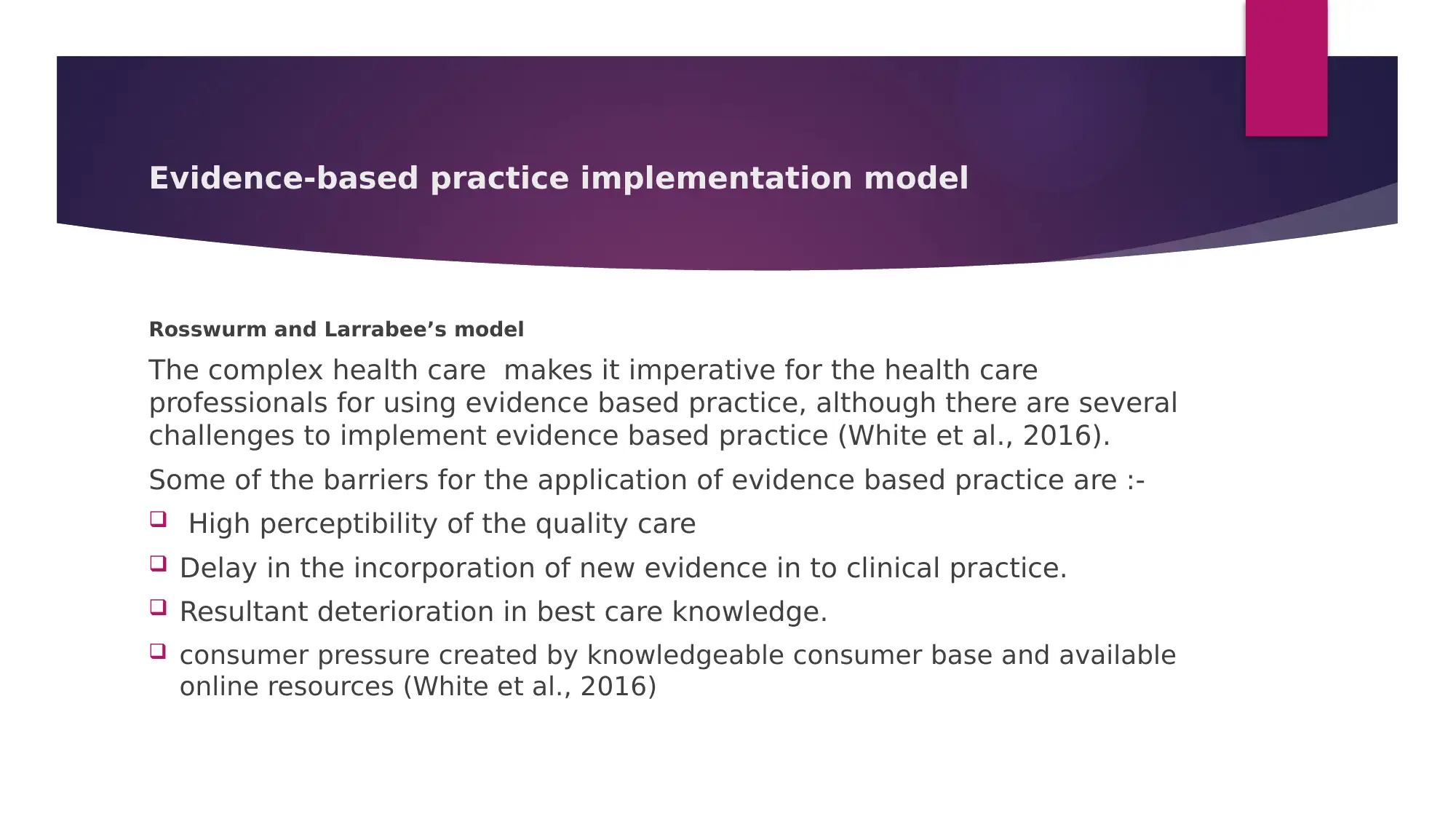
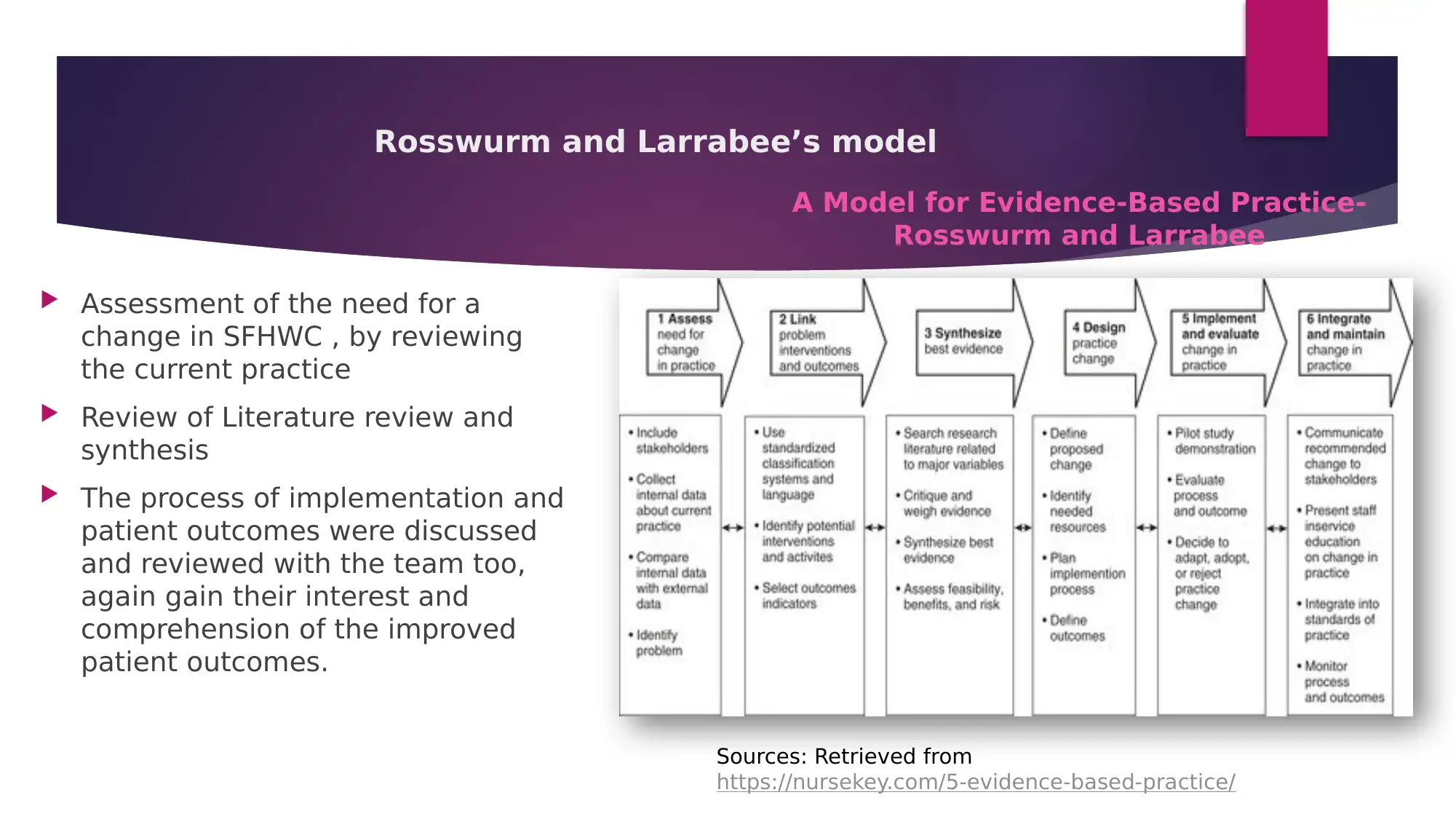





![[object Object]](/_next/static/media/star-bottom.7253800d.svg)